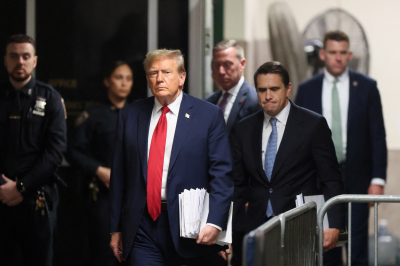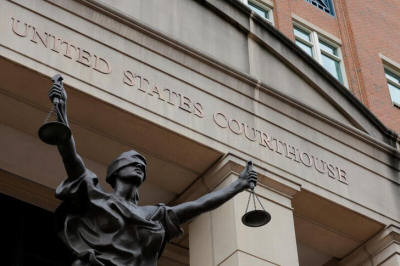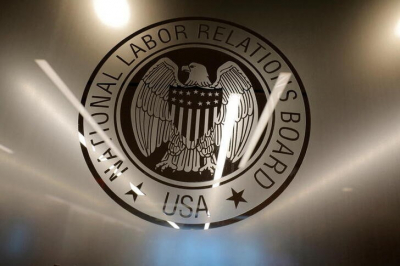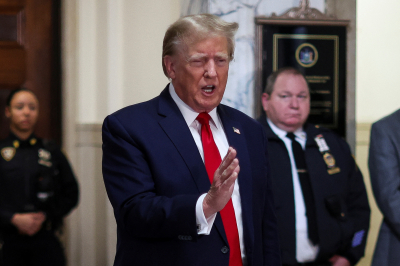Charles Taylor
Charles Taylor: Statesman, Scholar, and Controversial Figure
Caption: Charles Taylor
Early Life and Education
Born on January 28, 1948, in Arthington, Liberia, Charles McArthur Ghankay Taylor emerged as a prominent figure on the African political stage. Raised in a middle-class family, Taylor's early life was marked by a blend of traditional African values and Western education. He attended the College of West Africa in Monrovia and later studied at Bentley College in the United States, where he developed a keen interest in economics and political science.
Rise to Power
Returning to Liberia in the 1970s, Taylor initially worked in the government of President Samuel Doe. However, disillusioned with the regime's corruption and human rights abuses, he fled to the United States. During his time abroad, Taylor faced accusations of embezzlement in Liberia, leading to his imprisonment in Massachusetts.
The Civil War in Liberia
Taylor's political journey reached a turning point in 1989 when he returned to Liberia, igniting a civil war that would ravage the nation for seven years. Leading the National Patriotic Front of Liberia (NPFL), he aimed to oust Doe's government. The conflict resulted in widespread atrocities, with Taylor's forces accused of human rights abuses.
Presidency and International Criticism
In 1997, Charles Taylor won the presidential elections, bringing a semblance of stability to Liberia. However, his presidency was marred by allegations of supporting rebels in neighboring Sierra Leone, contributing to the brutal Sierra Leone Civil War. Taylor faced international criticism, and the United Nations imposed sanctions on Liberia.
The Special Court for Sierra Leone
In 2003, facing mounting pressure and internal strife, Taylor resigned and went into exile in Nigeria. The Special Court for Sierra Leone indicted him on charges of war crimes and crimes against humanity. After a protracted legal battle, Taylor was arrested in 2006 and transferred to The Hague for trial.
Conviction and Imprisonment
In 2012, the Special Court for Sierra Leone found Charles Taylor guilty on multiple counts, including aiding and abetting war crimes and crimes against humanity. He became the first former head of state since Nuremberg to be convicted by an international tribunal. Taylor is currently serving a 50-year sentence in the United Kingdom.
Legacy and Controversies
Charles Taylor's legacy is one of complexity. While some view him as a charismatic leader who initially sought to bring change to Liberia, others see him as a symbol of brutality and a destabilizing force in West Africa. His impact on regional conflicts and the subsequent legal proceedings have left an indelible mark on the political history of Liberia and the broader African continent.
This Wikipedia-style article provides an overview of Charles Taylor's life and career. It is essential to consult other sources for a comprehensive understanding of the subject.
Charles Taylor, a complex and controversial figure in African political history, navigated a trajectory from scholar to statesman, marked by tumultuous events and ethical challenges. His early life reflected a blend of traditional African values and Western education, but his return to Liberia in the 1980s sparked a civil war that brought both instability and accusations of human rights abuses.
Taylor's ascendancy to the presidency in 1997 initially offered stability to Liberia but was overshadowed by allegations of supporting rebels in Sierra Leone, contributing to a neighboring conflict. The subsequent international criticism and sanctions underscored the complexities of his rule.
Facing legal consequences, Taylor resigned in 2003, seeking refuge in Nigeria. However, his indictment by the Special Court for Sierra Leone and subsequent conviction in 2012 marked a historic moment, making him the first former head of state since Nuremberg to be found guilty by an international tribunal.
The legacy of Charles Taylor is polarized. Some acknowledge his initial aspirations for change in Liberia, while others condemn him as a symbol of brutality and destabilization in West Africa. The regional conflicts he influenced and the subsequent legal proceedings have left a lasting impact on the political history of Liberia and the broader African continent. Charles Taylor's story serves as a cautionary tale about the complex interplay of power, politics, and accountability on the African stage.
Charles Taylor, the former President of Liberia, has been referenced and discussed in various books, documentaries, and news articles that focus on African politics, conflicts, and human rights issues. Some notable sources that mention Charles Taylor include:
•
Books:
• "Blood Diamonds: Tracing the Deadly Path of the World's Most Precious Stones" by Greg Campbell.
• "This Child Will Be Great: Memoir of a Remarkable Life by Africa's First Woman President" by Ellen Johnson Sirleaf (mentions Taylor's impact on Liberia).
•
Documentaries:
• "War Don Don" (2010) – A documentary that explores the trial of Charles Taylor at the Special Court for Sierra Leone.
• "Liberia: An Uncivil War" (2004) – A documentary that provides insights into the Liberian Civil War, in which Taylor played a significant role.
•
News Articles and Websites:
• Numerous news articles on reputable news websites such as BBC, CNN, and Al Jazeera have covered Charles Taylor's activities, trial, and the impact of his presidency on Liberia and the region.
•
Academic Journals:
• Various academic articles and journals focusing on African politics, conflict resolution, and human rights have discussed Charles Taylor's role in the Liberian Civil War and his subsequent legal proceedings.
It's important to note that the extent of coverage may vary across different sources, and additional materials may have been produced since my last update in January 2022. For the most recent and comprehensive information, it's recommended to check the latest publications and media coverage related to Charles Taylor.





